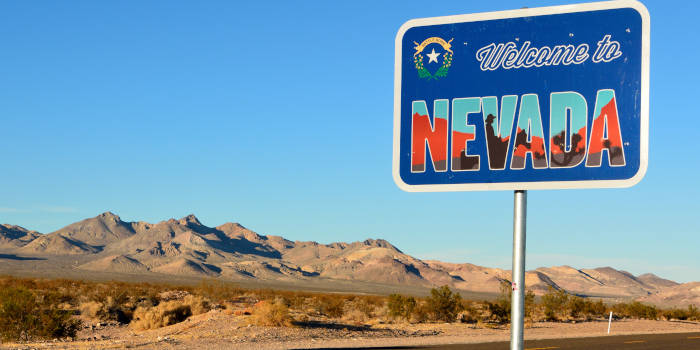A court proceeding has been initiated against the notable Grand Sierra Resort and Casino in Reno, Nevada. The plaintiff is Jimmy-John Thompson, the past tribal chair of California’s Timbisha Shoshone Tribe.
Eviction and Allegations Against Native American Visitor
The court documents state that the events unfolded on October 15, 2022. During his stay at the Grand Sierra Resort and Casino, Thompson noticed an unusual smell of smoke through the air vent in his suite. Immediately, he alerted the hotel management, raising doubts about a possible fire ignition, according to Native News Online. Even though the hotel staff was deployed to inspect, they couldn’t pinpoint the origin of the smoke. As a result, Thompson was relocated to another room.
Anxiously following up on the situation, Thompson contacted the Reno Fire Department to notify them of a potential fire on the premises. Firefighters quickly reached the location, guaranteeing Thompson that there was no fire and any smoke had been professionally addressed.
In a shocking development, the legal action maintains that the hotel resort then sent two security guards to Thompson’s new room, demanding him to evacuate it instantly. Moreover, he was accused of arson in connection with his prior room, with claims of having proofs supporting their allegations.
Norberto J. Cisneros, Thompson’s attorney, expressed his displeasure at the unjust treatment meted out. Cisneros ardently believes that such inappropriate behavior would not have been done on Thompson if he was not a Native American.
Legal Action Alleges Civil Rights Infringement by Grand Sierra Resort and Casino
The lawsuit charges the Grand Sierra Resort and Casino with infringing on Thompson’s civil liberties by showing bias against him, preventing him from obtaining public amenities, unlike others. In a quest for justice, Thompson’s legal representative is seeking $15,000 in damages.
The lawsuit further sheds light on Thompson’s health condition—a situation of deep vein thrombosis (DVT) that required medication intervention. A potential side effect of his drugs is the risk of involuntary spasms when exposed to cold temperatures. After being turned out from his hotel room in the early hours, Thompson had to sleep in his vehicle, resulting in several spasms, as stated in the lawsuit.
The purpose of Thompson’s Reno trip was to participate in a conference hosted by the Western Mining Action Network and to plan a field trip near the contentious Thacker Pass Lithium mine—an issue triggering controversy among tribes in the region. However, Thompson’s unjust treatment hindered his rest, resulting in his failure to make the field visit to Thacker Pass.
Regrettably, this is not the first instance where Native Americans have been subjected to unfair treatment at a hotel and casino. The US Department of Justice launched legal proceedings in October against the proprietors of the Grand Gateway Hotel and Cheers Sports Lounge and Casino in South Dakota for racial bias following the ban on Native Americans from their facilities.







